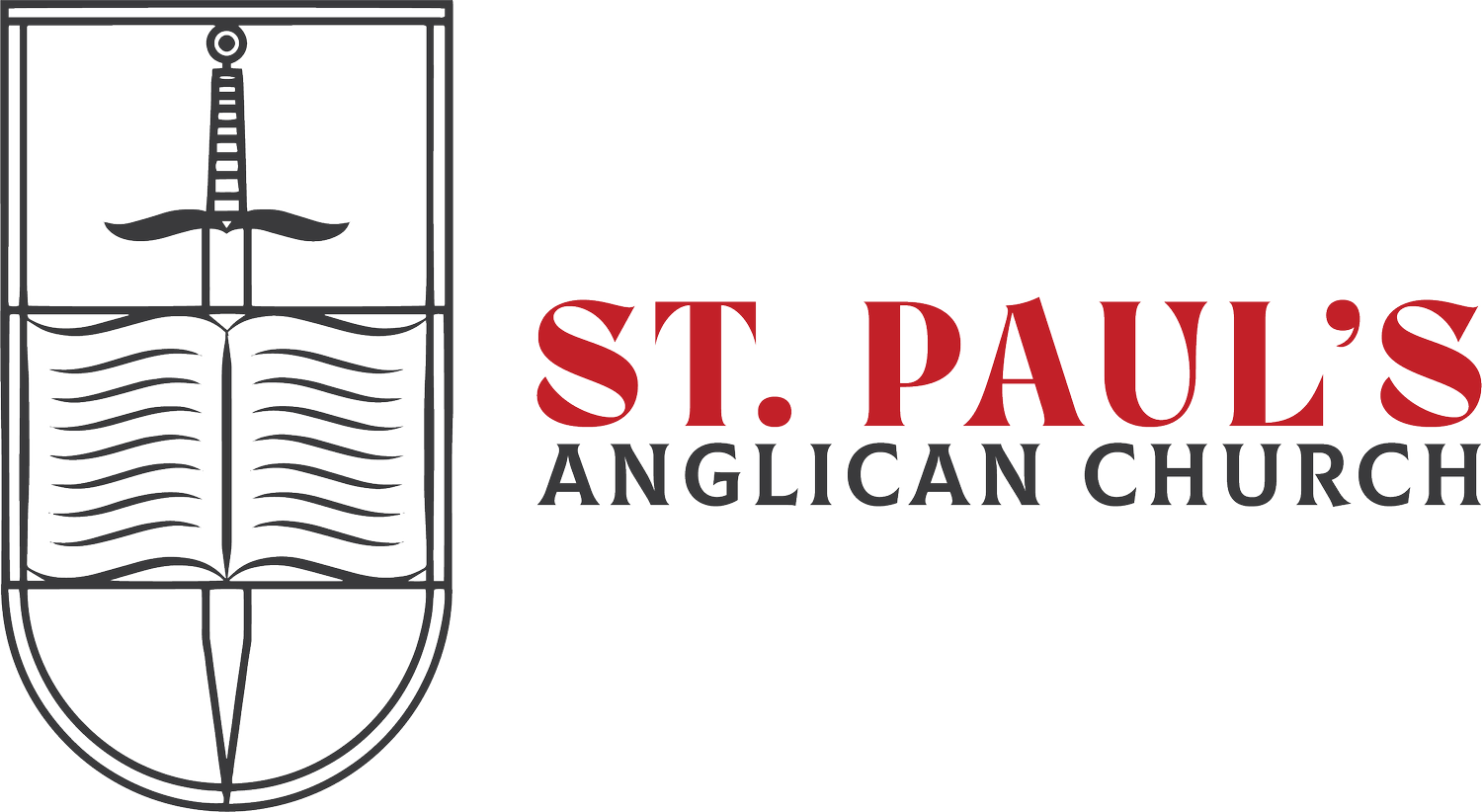Reflection: On Blessing Pets and the Feast of St. Francis
By Fr. Wesley Walker
Christians around the world celebrated the Feast of St. Francis of Assisi (c. 1181-1226), the patron saint of animals, on Tuesday, October 4. In one legend made up after his death, he stopped a train of brother monks that he was traveling with to preach to birds. His preaching was so beautiful that the birds began to bow their heads towards heaven and sing beautifully to the glory of God. What St. Francis understood is that all of God’s creation is a beautiful gift and animals, as a part of that creation, are special gifts to us. We intuitively understand this; it’s why so many of us invite pets into our families. From a Christian perspective, our relationship with animals is especially important because it can be an important avenue that teaches us to care for creation.
Christians recognize that personhood entails context. All of us are born in geographical areas, into families, and already existing social structures and arrangements. From the moment of our conception, there being human involves interconnectedness. Collectively, we have come to realize the interconnectedness of all things over the past few years with the pandemic: that a pathogen in one part of the world can affect not only the health of people on the other side of the world but also shut down travel, economies, and so much else. If everything is connected, it means that we are contingent beings. I exist because I have parents. But why do my parents exist? We could point to our familial genealogy which ultimately connects to the evolutionary development of humans from earlier forms of life. Where does this great chain of being originate? For Christians, the answer is God.
That we live in a created world in particular circumstances brings a certain dignity to those contexts. Whatever is is good insofar as its existence is a participation in the God who is, “in whom we live and move and have our being.” (Exod 3:14; Acts 17:28; NRSV). This means that the world, the sum of all the various contexts that exist, was not only created by God at a certain point; it continues to be sustained by him as he holds all things together. If it is true that creation is a gift from God that is sustained by him, then we must recognize it for the gift it is by respecting it, treating it with dignity, and offering thanksgiving to God for it.
This brings us to our furry friends. They are included in this beautiful, divinely-provided gift of creation. According to the Song of Three Jews, the animals, in their own way, join us in praising our Creator: “Bless the Lord, you whales and all that swim in the waters; sing praise to him and highly exalt him forever. Bless the Lord, all birds of the air; sing praise to him and highly exalt him forever. Bless the Lord, all wild animals and cattle; sing praise to him and highly exalt him forever. Bless the Lord, all people on earth; sing praise to him and highly exalt him forever.” This sublime chorus of adoration offered by a diverse collection of species is interconnected: we are not the same without our animals and they are not the same without us. We are not the same without our animals because they teach us what it means to care for creation. Walking our pets, feeding them, and paying for their vet bills are all acts of sacrifice for the other. It’s simultaneously true that our animals would not be the same without us. The great Christian thinker C.S. Lewis once said, “The higher animals are in a sense drawn into Man when he loves them and makes them much more nearly human than they would otherwise be.” In our animals, we see two things at once: we see creation as it is and creation for what it can be. The Christian should see the world charged with the grandeur of God and want aid in its elevation, just like St. Francis did when he allegedly preached to the birds!
We are all placed in a context. Whatever our context is, we know God is the ultimate source of that context because he is the source of all created things. This provides an impetus for us to care about creation. One way we do that is to have a Blessing of the Pets event where people may bring their animals to receive a blessing. Blessings are a way that the Church sets something or someone apart for God and calls God’s favor and grace on them. Blessing of the Pets provides us a wonderful opportunity to care for our animals, to recognize that they are gifts of God, and thank him for them.

